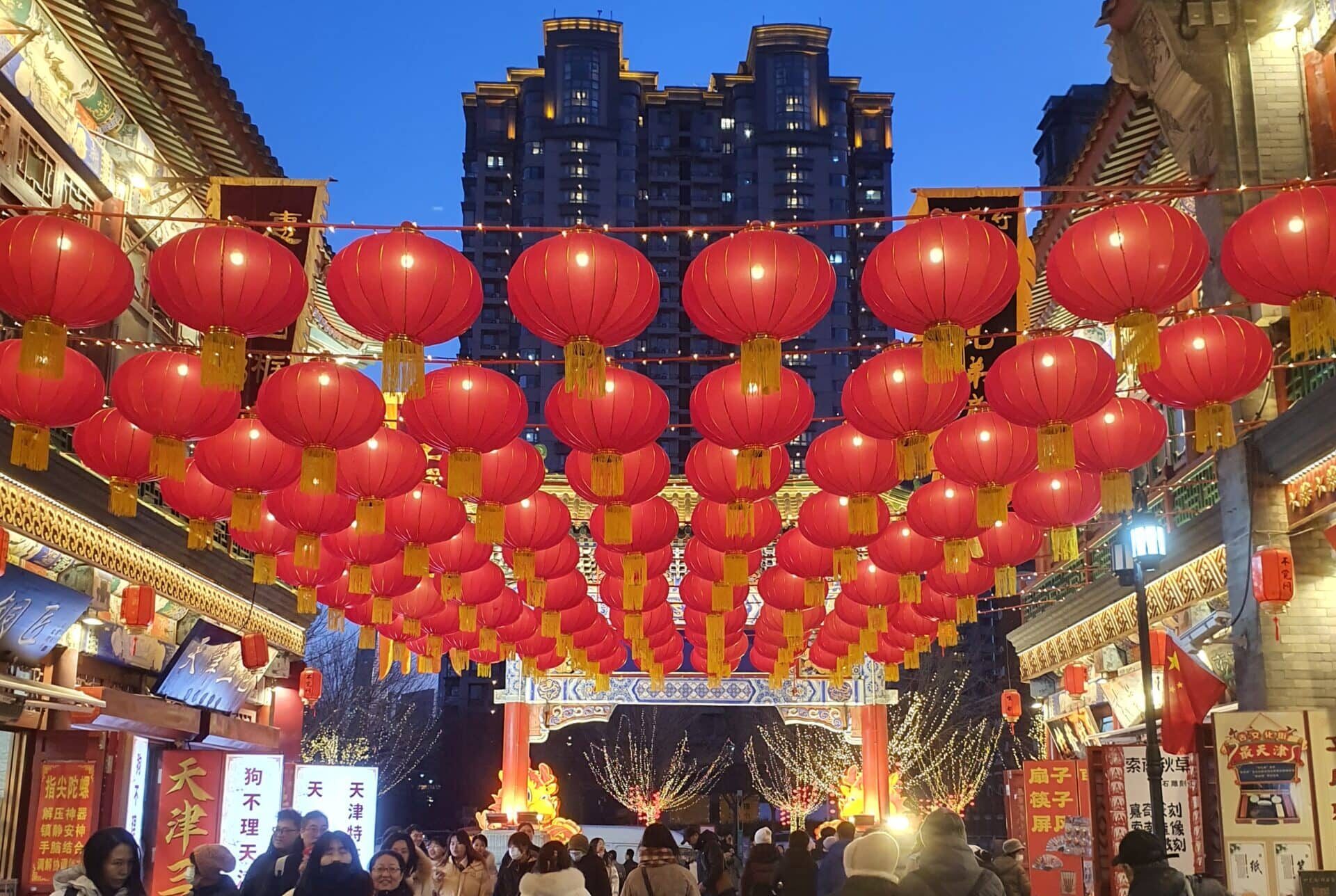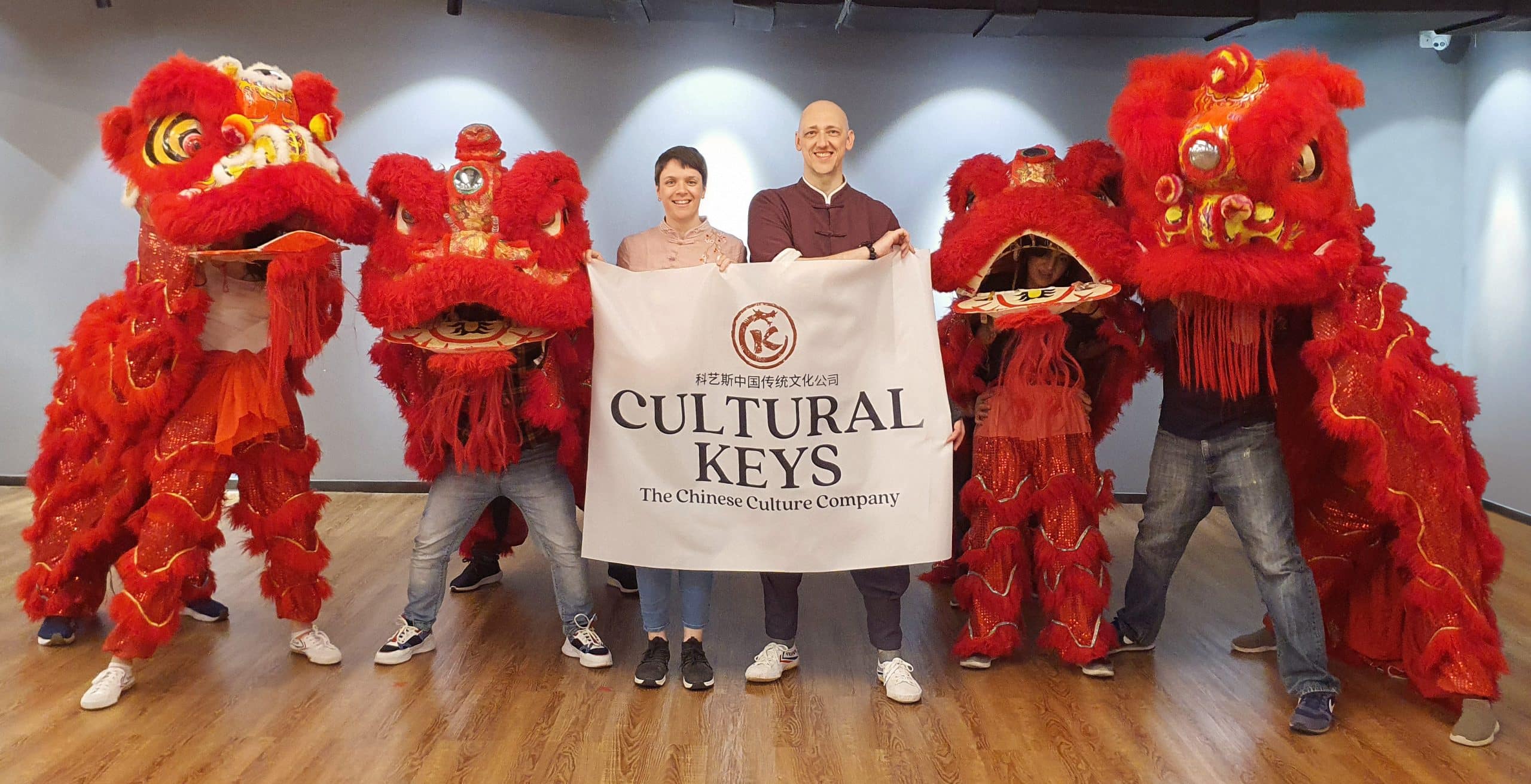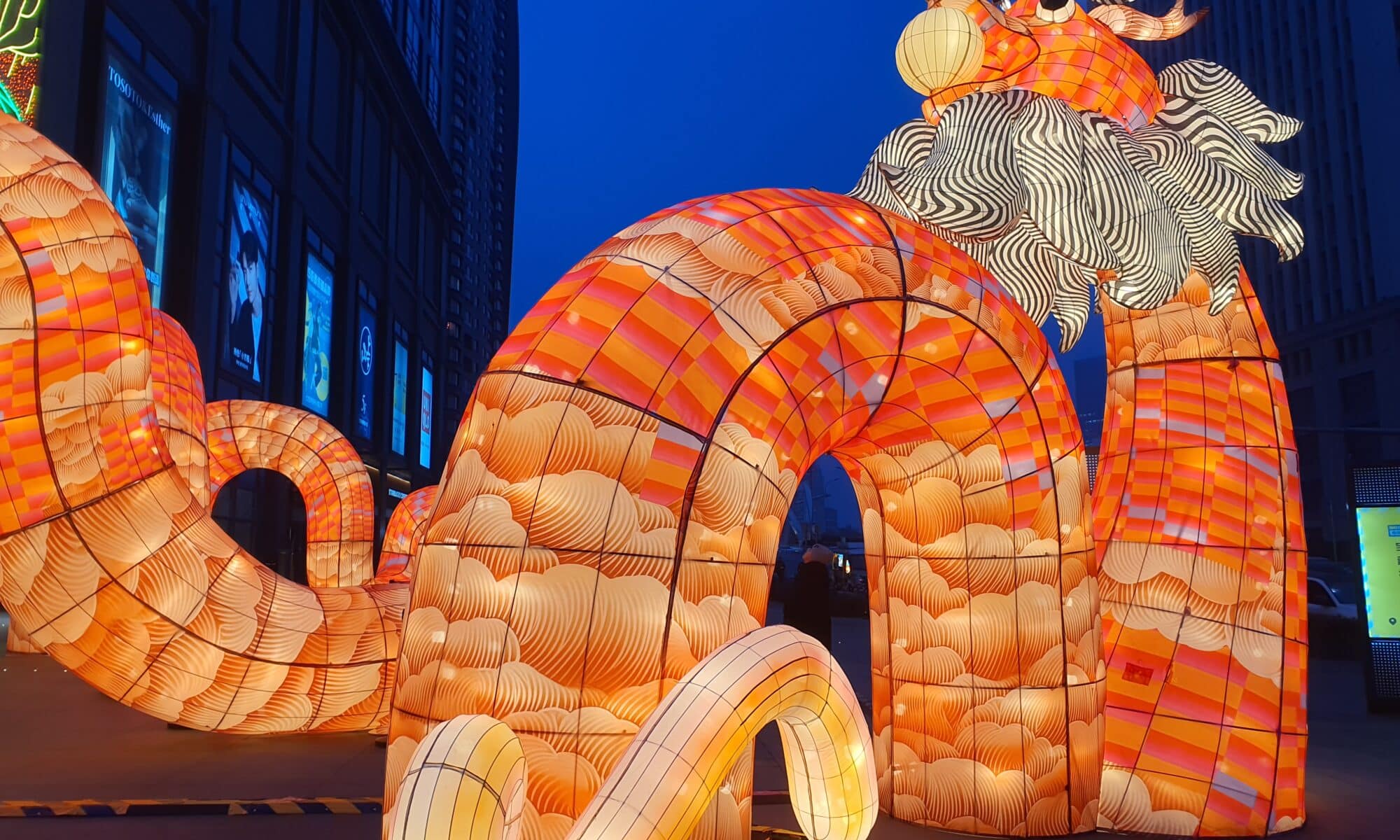Lunar or Chinese New Year, known as Spring Festival (春节) in Chinese, is much more than just New Year’s Eve and New Year’s Day! Starting from New Year’s Day, the entire festival actually lasts 15 days! Read on to find out more information about some of the most important days of the festival and the history and traditions to be aware of, as well as exactly which date they fall on!
Xiao Nian (小年; February 2nd or 3rd)
The 23rd (or 24th in some areas) day of the last lunar month is the beginning of the Spring Festival period. People honor the Kitchen God and clean their homes. Sweeping, cleaning, and throwing old things away is a way to say goodbye to the old year. Cleaning in the first few days of the new year can sweep away good fortune, so get it done beforehand!

Lunar New Year’s Eve (除夕; February 9th)
On New Year’s Eve people prepare and eat a big dinner with their family, including dumplings and a large whole fish among the dishes. At midnight firecrackers and fireworks are set off to welcome in the new year and scare off any evil spirits.
Lunar New Year’s Day (正月初一; February 10th)

A married couple and their children will pay their respects to the husband’s family, especially his parents who traditionally would have lived with them. On this day it’s important not to sweep to avoid sweeping away good luck, and it’s best not to do any cleaning until the fifth day. Temple fairs begin and usually run for the next four or five days (see here for a list of those happening in Beijing).
Second Day of Lunar New Year (初二; February 11th)
A married couple and their children will visit the wife’s family (回娘家). This is because traditionally the wife lived with her husband’s family and would rarely have seen her parents.
Third Day of Lunar New Year – Red Dog Day (初三 / 赤口 / 赤狗日; February 12th)
On this day it is considered unlucky to have guests or visit others. ‘Red Mouth’ or ‘Red Dog’ are euphemisms for the God of Blazing Wrath, so to ensure your safety you shouldn’t go out on that day. One place you could visit is the temple of Cai Shen, god of wealth.
Fifth Day of Lunar New Year – God of Wealth’s Birthday & Powu (破五; February 14th)

On this day, Northern Chinese eat dumplings as they look like ingots. Powu means ‘broken fifth’ because many rules/taboos surrounding the new year can be broken on this day. Traditionally someone should stay at home in case Cai Shen visits, but most businesses re-open on this day.
Seventh Day of Lunar New Year – Human’s Birthday (人日; February 16th)
In the Chinese creation myth, Nvwa (goddess of creation) became lonely, so for company she created a different animal every day. She created people out of the yellow earth on the seventh day. Even now, this is the day when all Chinese people get one year older. This is why people often have two ages, the one they tell you (according to the lunar calendar) and the one on their ID card (Gregorian calendar).
Ninth Day of Lunar New Year – Jade Emperor’s Birthday (天公旦; February 18th)

In an alternate creation myth it was the Jade Emperor who created people. As one of the highest gods in the Daoist pantheon, today is a day for Daoists to visit temples and offer up prayers in his honour.
Fifteenth Day of Lunar New Year – Lantern Festival (元宵节; February 24th)

The final day of Spring Festival falls on the first full moon of the new year. It is celebrated by lighting lanterns, going to public lantern displays and eating yuanxiao (aka tangyuan), hence the Chinese name of this festival, Yuanxiaojie. Families come together for the last big family dinner of the festival, and yuanxiao are eaten. They have a dual symbolism: they represent both family unity and also the full moon.
Did you know there were so many special days included in Chinese New Year? Let us know which ones you celebrate in the comments below. We would love to hear your thoughts and insights on traditional Chinese culture! And of course, have a very happy Year of the Dragon!

Photo Credits
– Cultural Keys unless otherwise stated
Contact Us
Stay up-to-date with the latest offers, information and events from Cultural Keys. Follow our Official WeChat Account by scanning the QR code (click for larger image), or follow us on Facebook, Instagram or LinkedIn to be the first to know!
For more information about anything on this page, or for more information about Cultural Keys, please contact us or use the form below to let us know your specific requirements.
About Cultural Keys Chinese Culture Company

Cultural Keys helps you access, understand and enjoy life in China through traditional Chinese culture. Click here to read more about Cultural Keys and what we can do for you, your school, company or group to help you get more out of your time in China!



